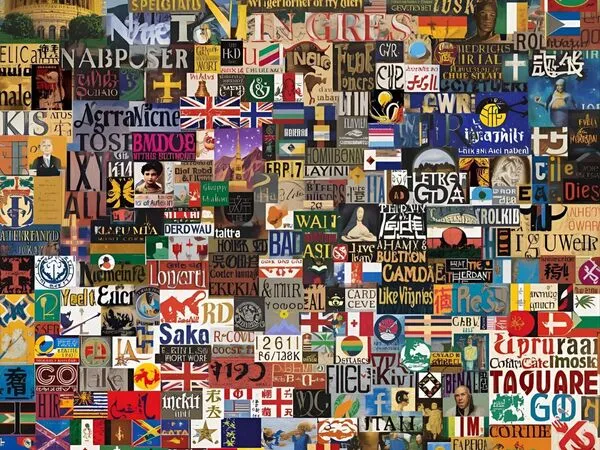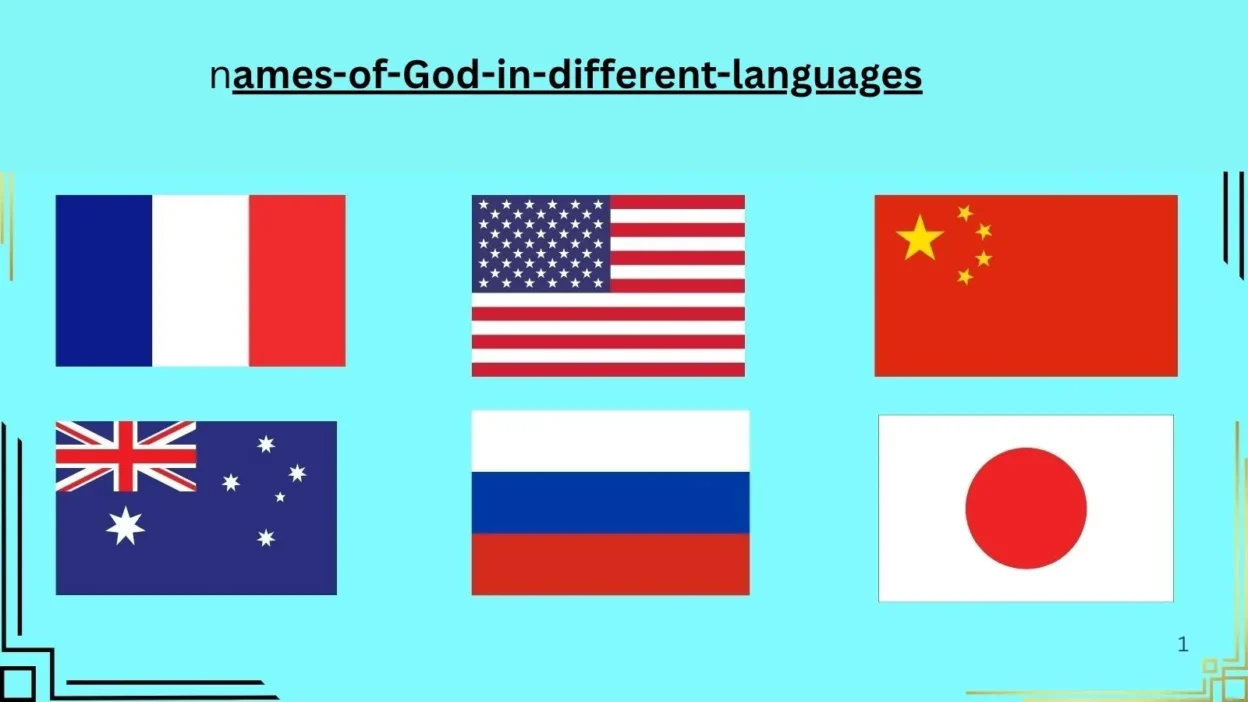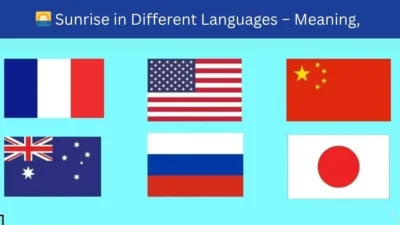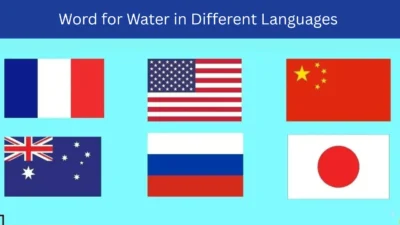When people search for names of God in different languages, they are often looking to deepen their understanding of faith, culture, or communication.
Some want to connect with others in prayer across languages, while others may be curious about how different traditions express the divine.
This article solves that problem by listing translations of the word “God” in multiple languages, explaining their cultural meaning, and showing how you can use them when speaking, writing, or learning about world religions.
Why People Search for Names of God in Different Languages

- Spiritual connection: Many want to call upon God in the language of their own tradition or in a new one.
- Cultural learning: Exploring how the divine is named reveals the values and beliefs of different cultures.
- Language learners: Students of world languages often want to know how “God” is said in the language they are studying.
- Interfaith dialogue: Understanding different expressions of God helps build bridges between faiths.
Names of God in World Languages

Here are some ways the word God is expressed in different languages:
- English: God
- Arabic: الله (Allah)
- Hebrew: אֱלֹהִים (Elohim) or יהוה (Yahweh)
- Greek: Θεός (Theos)
- Latin: Deus
- French: Dieu
- Spanish: Dios
- Italian: Dio
- German: Gott
- Turkish: Tanrı or Allah
- Persian (Farsi): خدا (Khoda)
- Hindi: भगवान (Bhagwan), ईश्वर (Ishwar), देव (Dev)
- Sanskrit: ब्रह्मन् (Brahman), ईश्वर (Ishvara)
- Chinese (Mandarin): 神 (Shén), 上帝 (Shàngdì)
- Japanese: 神 (Kami)
- Korean: 하나님 (Hana-nim)
- Swahili: Mungu
- Zulu: uNkulunkulu
- Russian: Бог (Bog)
- Polish: Bóg
- Portuguese: Deus
- pakistan
How to Use These Words

- In conversation: Use them respectfully when greeting or blessing someone in their native language.
- In study: Add them to your vocabulary list if you are learning the language.
- In prayer or meditation: Some people find meaning in calling upon God in different tongues.
- In writing: Authors and poets often use multilingual names of God to show unity across cultures.
Conclusion
Exploring the names of God in different languages is more than just translation—it is a journey into the heart of human spirituality and culture. Whether you are learning a new language, engaging in interfaith dialogue, or simply curious, knowing how different people address the divine helps you connect with others on a deeper level.



